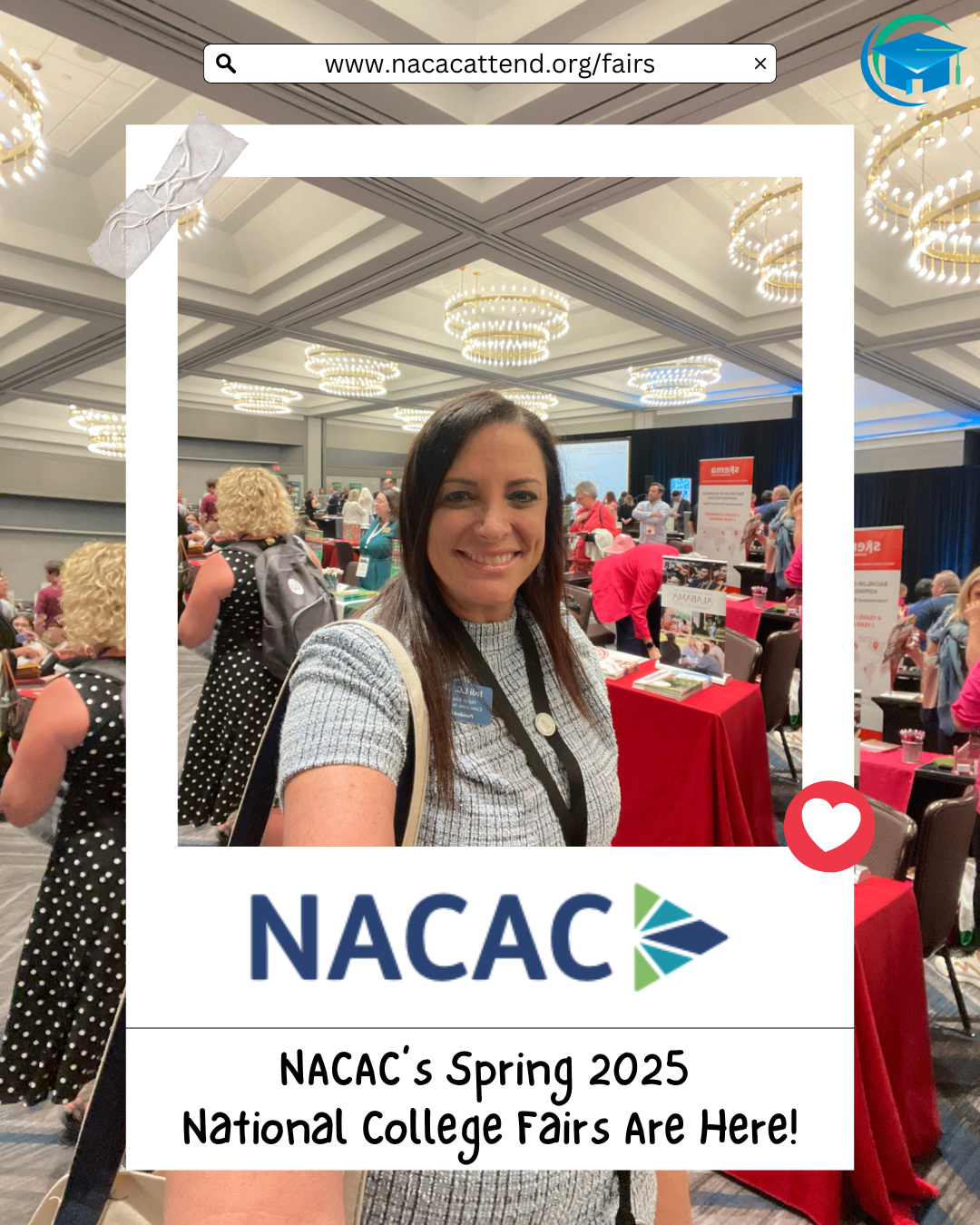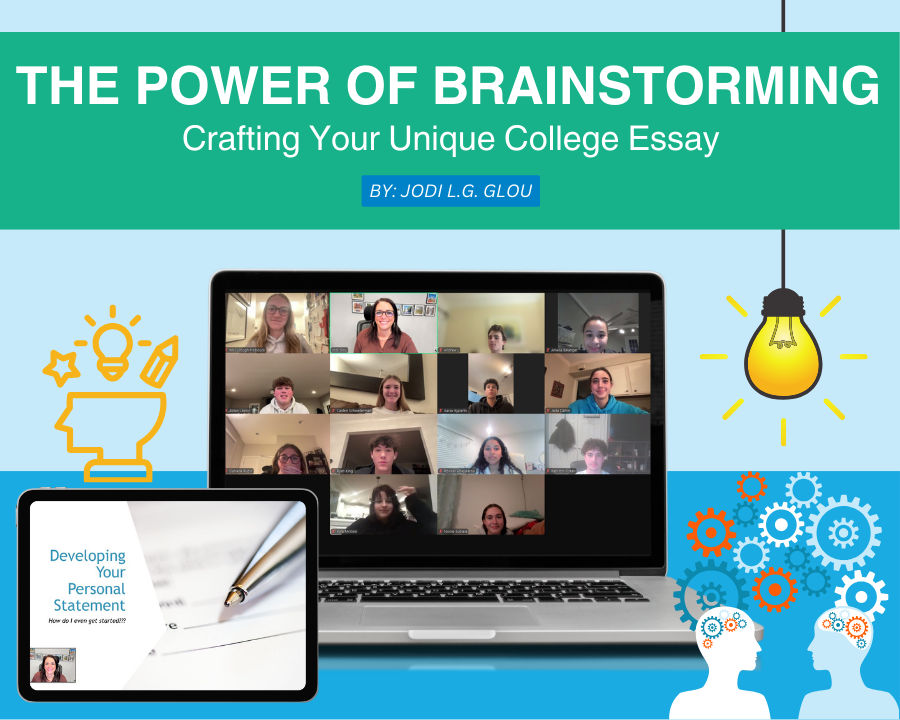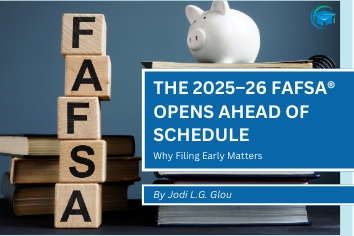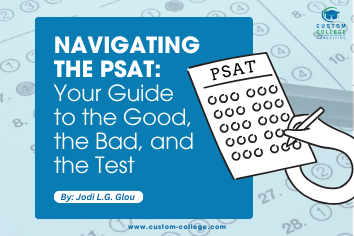Applying to College Undecided: Why It’s OK Not to Have It All Figured Out Yet
As a high school senior, it might seem like everyone around you has their future all mapped out: some want to be doctors, engineers, or artists. But what if you're unsure? What if you haven’t yet found that one passion or career path that you’re certain about? Here’s the good news: it’s perfectly OK to apply to college undecided.
At Custom College Consulting, we’ve worked with countless students who felt the same way—and we’ve seen firsthand how being undecided can actually be a strength. Applying undecided is nothing to worry about, and it can actually open doors to opportunities you might not have considered.
Why Choose "Undecided" on Your College Application?
Colleges and universities are designed to help students explore a variety of subjects before declaring a major, particularly at schools with strong liberal arts programs. In fact, most schools don’t require students to choose a major until the end of their sophomore year, giving you time to discover new interests and find your passion. When you apply as undecided, you’re giving yourself the flexibility to explore different fields and identify the path that excites you the most.
It’s important to remember that you’re not alone in being undecided. A large percentage of students either enter college undecided or end up changing their major at least once. Starting undecided simply means you’re exploring your options from the start rather than locking into a decision too early. This reduces the pressure to make a choice immediately, allowing you to make a more informed and confident decision when the time is right.
How Colleges View Undecided Applicants
Colleges are more than accepting of undecided applicants—they often appreciate students who are curious and open-minded. While you may not know your major, it’s essential to show direction and intent in your application. Highlight your academic strengths, extracurricular activities, and a genuine curiosity to learn. Admissions officers want to see that you’re ready to engage with the academic journey, even if the destination is still being defined.
The Perks of Starting Undecided
Choosing “undecided” offers numerous benefits, including greater flexibility to explore different courses and tailored support from academic advisors. Many colleges have programs specifically for undecided students, providing one-on-one guidance as you narrow down your interests. You’ll also have exposure to different departments, which can influence your final decision.
How to Frame Your "Undecided" Status in Essays
When writing your application essays, address your undecided status in a positive light. Use the opportunity to highlight your love for learning and your excitement about exploring various fields in college. Share specific experiences that have sparked your curiosity and show admissions officers that, while you may not have chosen a major, you’re ready to embrace the academic journey.
Undecided Doesn’t Mean Unprepared
Lastly, remember that applying undecided does not mean you’re unprepared. It's simply a recognition that your future is still full of possibilities—and that’s something to be excited about! At Custom College Consulting, we’re here to help you navigate the college application process, whether you’ve found your passion or you’re still exploring. The journey to discovering what drives you is just as important as the destination.
If you’re unsure about your major or need help crafting a standout application as an undecided student, contact us today. We can provide personalized guidance to help you showcase your strengths and show colleges why being undecided is a smart, strategic choice for your future.










